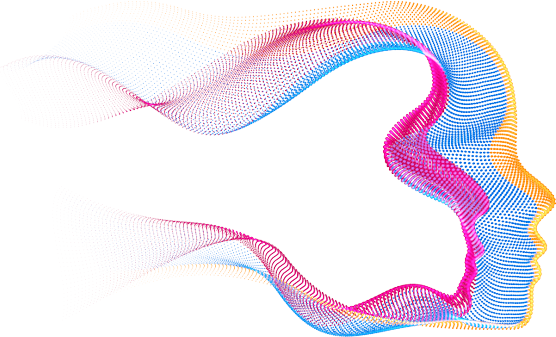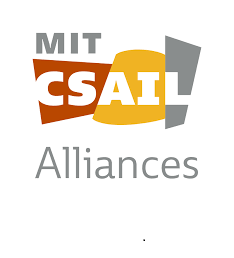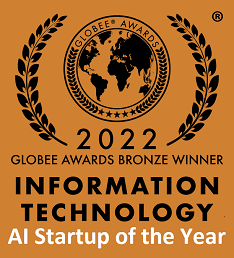The Future AI Society is a not-for-profit community dedicated to adding Common Sense to Artificial Intelligence. While Machine Learning dominates today’s AI arena, its spectacular capabilities cannot lead to Common Sense and new approaches are needed.
One basic precept is that adult-level common sense cannot be achieved without the underlying common sense of a child. Unfortunately, the abilities of a three-year-old, while necessary, are not commercially viable on their own—that’s which the FAI society is focused on them.
While the FAI Society is technology-based, we also must address questions of how the human mind achieves its remarkable abilities:
- How to we know that objects persist and interact in a three-dimensional world?
- How do we comprehend the passage of time, cause-and-effect, and how our actions impact the world and ourselves?
- What parts of our common sense are “pre-programmed” and which are learned?
These questions border on some of the fundamental philosophical issues of what makes us human. Solving these problems and answering these questions is what makes this the most exciting project on the planet!
Founder
Charles J. Simon
As founder of the Future AI Society in 2023, Charles Simon has seen a period of extraordinary growth for Artificial Intelligence and with it the enormous potential for the underlying software technology of revolutionary algorithms that “ADD Common Sense to AI”. Much of the Society’s technology comes from the Future AI company which was selected for AI Time Journal’s list of “Top Artificial Intelligence Companies to Watch in 2023″. Located next to MIT in Cambridge and a MIT CSAIL Alliance Member, Future AI has the advantage of being near top science and technology influences as well as the opportunity for easy expansion.
Charles, a Silicon Valley and venture-backed entrepreneur, founded Vectron Graphics, one of the world’s first CAD computing companies, and as a Microsoft alum was a Co-founder of Gift Certificates.com, successfully sold to AOL, a leader in online services. He has sold Commercial CAD Technology to the Stanford Linear Accelerator (SLAC), Harris Corp (now L3 Harris Technologies, defense contractor), NASA Ames Laboratory, and McDonnell Douglas (now Boeing). Also, he is noted for two AI systems and three generations of CAD.
His broad management, startup, and combined development experience in neurological test equipment, CPUs, and artificial intelligence software makes him a uniquely qualified expert. He has a Master of Science in Computer Science and a Bachelor of Science in Electrical engineering. He attended the Harvard Institute for Quantitative Social Science Entrepreneurship and the Stanford University Business School AEA. Charles also has memberships in several High-IQ Societies and the Forbes Technology Council.
He is the author of numerous published science books, articles, papers, and technical presentations. He received a 5-Star and a Notable Book Award for “Will Computers Revolt” and received a Microsoft Fellow Award Nomination. Also, he has been written about in Newsweek and other leading media.
As an extreme sailor, in 2017 he was the Captain of one of only 15 sailboats in the world (as recorded by the University of Cambridge, UK, Scott Polar Research Institute), to Circumnavigate the North American Continent via the Arctic Northwest Passage Transit. Satellite-mapping was used to survey the route and a new channel was added in the Arctic Tasmania Islands, now named after Charles. He is also one of the few to additionally complete a sailing World Circumnavigation.




